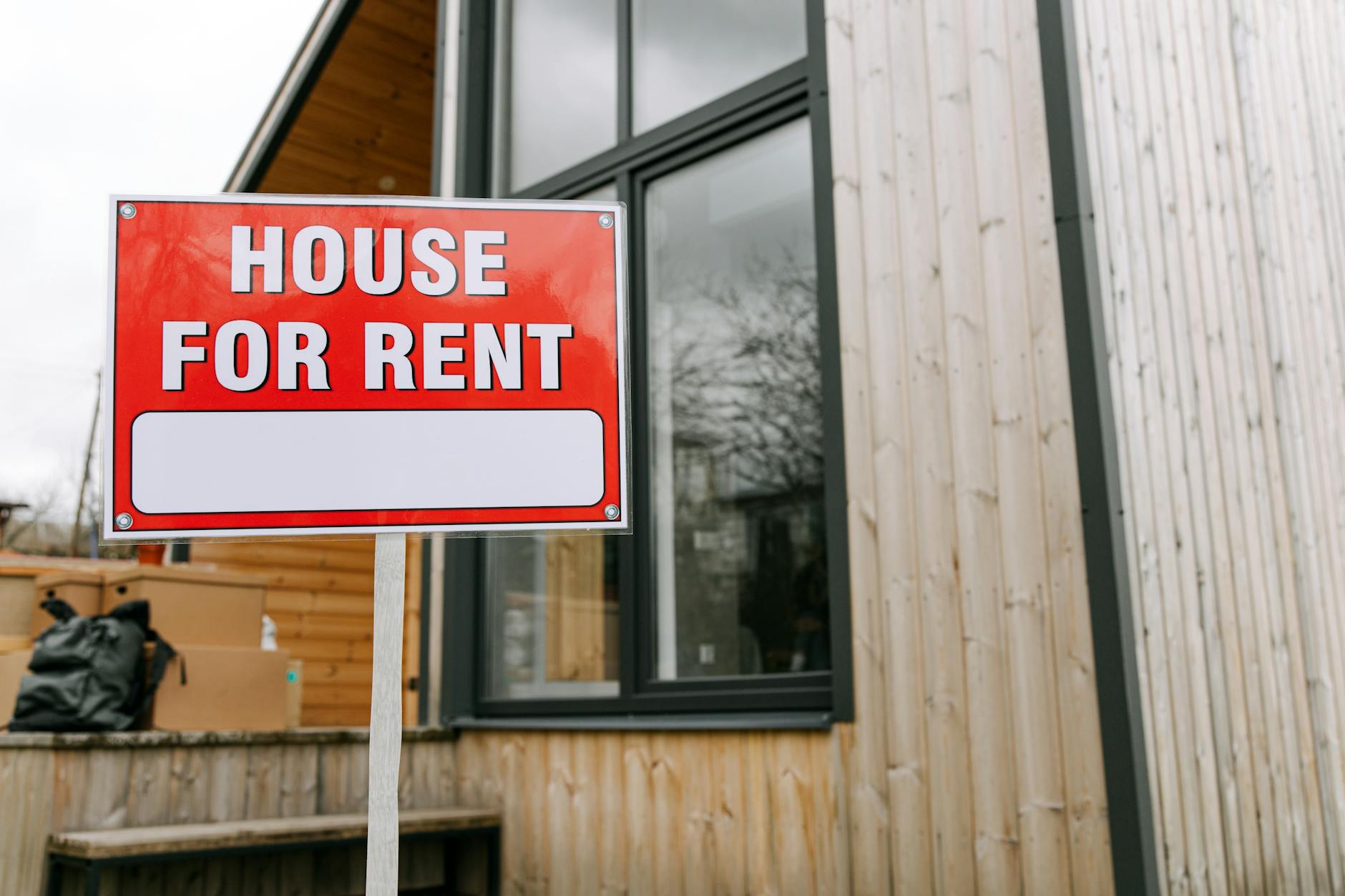Essential Guide to Rental Property Management for New Investors
Essential guide to rental property management for new investors
Entering the world of rental property investment can be both exciting and challenging for new investors. Managing rental properties effectively not only safeguards your investment but also maximizes your income potential and reduces headaches related to tenant issues and maintenance. This essential guide will walk you through the critical aspects of rental property management, offering practical advice and insights to ensure your venture starts on the right footing. From understanding tenant screening to property maintenance, and navigating legal responsibilities, these pillars form the foundation for successful property management. Whether you choose to manage the property yourself or hire a professional, knowing these core elements will empower you to make informed decisions and protect your investment for years to come.
Understanding tenant screening and selection
Tenant screening is the cornerstone of rental property management. Selecting reliable tenants reduces the risk of late payments, property damage, and eviction processes. The screening process should include:
- Credit checks: Assess financial responsibility by reviewing credit scores and history.
- Background checks: Verify criminal records and eviction history.
- Employment verification: Confirm stable income and employment status.
- Reference checks: Contact previous landlords for insights into tenant behavior.
A thorough screening minimizes potential problems and ensures a stable rental income. Implement a consistent application process and clearly communicate rental policies to applicants from the start.
Effective rent collection and financial management
Consistent and timely rent collection is vital for maintaining cash flow. Establish clear rent payment terms in the lease agreement, specifying due dates, late fees, and acceptable payment methods. Many landlords now use online payment platforms, which simplify tracking and reduce the risk of missed payments.
Maintaining detailed financial records helps in budgeting and tax preparation. Consider using property management software to log income, expenses, and receipts efficiently. Below is a sample table outlining essential categories for tracking finances:
| Category | Description | Examples |
|---|---|---|
| Income | All revenue generated from the property | Rent payments, late fees, pet fees |
| Operating expenses | Recurring costs associated with property management | Maintenance, utilities, insurance, HOA fees |
| Capital expenses | Non-recurring expenditures to improve property value | Roof replacement, HVAC system upgrade |
| Reserve funds | Saved amount for unexpected repairs or vacancies | Monthly savings allocation |
Maintenance and property upkeep strategies
Regular maintenance preserves property value and attracts quality tenants. Develop a maintenance schedule that includes seasonal inspections, routine servicing of HVAC systems, plumbing checks, and safety device testing. Promptly address repair requests to maintain tenant satisfaction and avoid costly damage escalation.
Another key strategy is building relationships with reliable contractors and service providers to ensure timely and cost-effective repairs. Preventive maintenance saves money in the long term and helps maintain consistent occupancy.
Understanding legal responsibilities and compliance
Rental property management requires adherence to federal, state, and local laws. Understanding your legal obligations as a landlord protects you from lawsuits and fines. Key areas to focus on include:
- Fair housing laws: Avoid discrimination in tenant selection and treatment.
- Lease agreements: Draft clear, enforceable contracts that specify terms, tenant responsibilities, and consequences.
- Security deposits: Manage deposits in accordance with state laws on collection, holding, and refunding.
- Eviction procedures: Follow legal protocols strictly to avoid delays and penalties.
- Health and safety codes: Ensure the property meets all habitability standards.
Consult with a real estate attorney or local housing authority to stay updated on regulations, as these can vary significantly by location.
Conclusion
Successful rental property management for new investors hinges on mastering tenant screening, maintaining clear financial practices, prioritizing property upkeep, and staying compliant with legal standards. Each element builds on the previous, creating a streamlined process that minimizes risks and maximizes returns. While challenges such as late payments, maintenance emergencies, and tenant turnover are inevitable, being proactive and organized empowers investors to handle these issues effectively. Whether you opt for self-management or hire a professional, understanding and implementing these core principles is essential to building a profitable and sustainable rental property portfolio. By investing time and effort into managing your property wisely, you lay the groundwork for long-term success as a rental property investor.
Image by: Ivan Samkov
https://www.pexels.com/@ivan-samkov
editor's pick
latest video
news via inbox
Nulla turp dis cursus. Integer liberos euismod pretium faucibua

